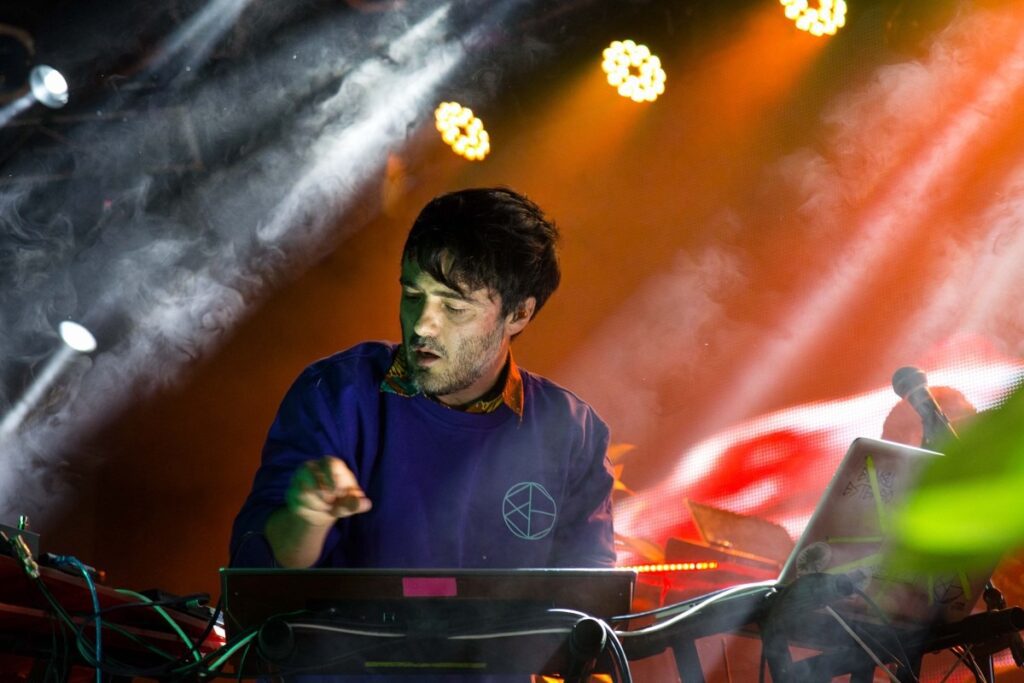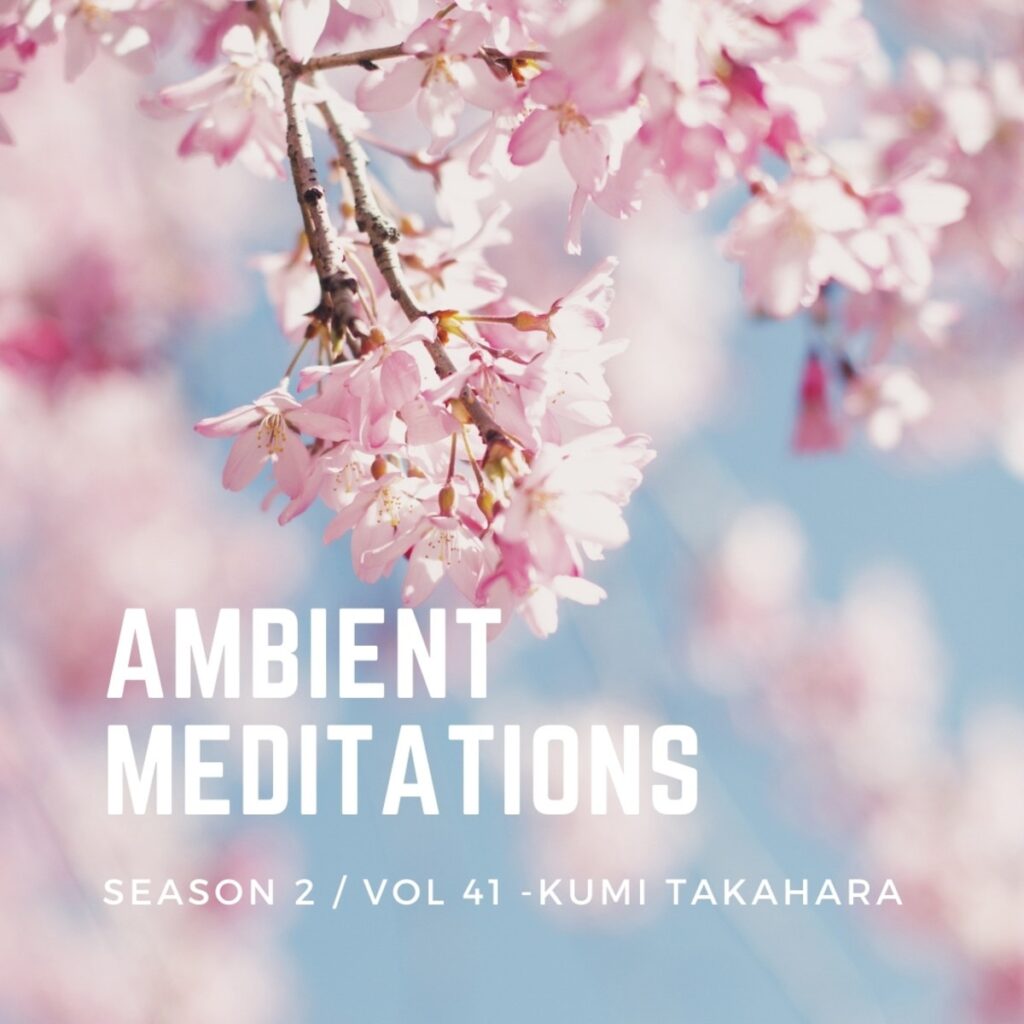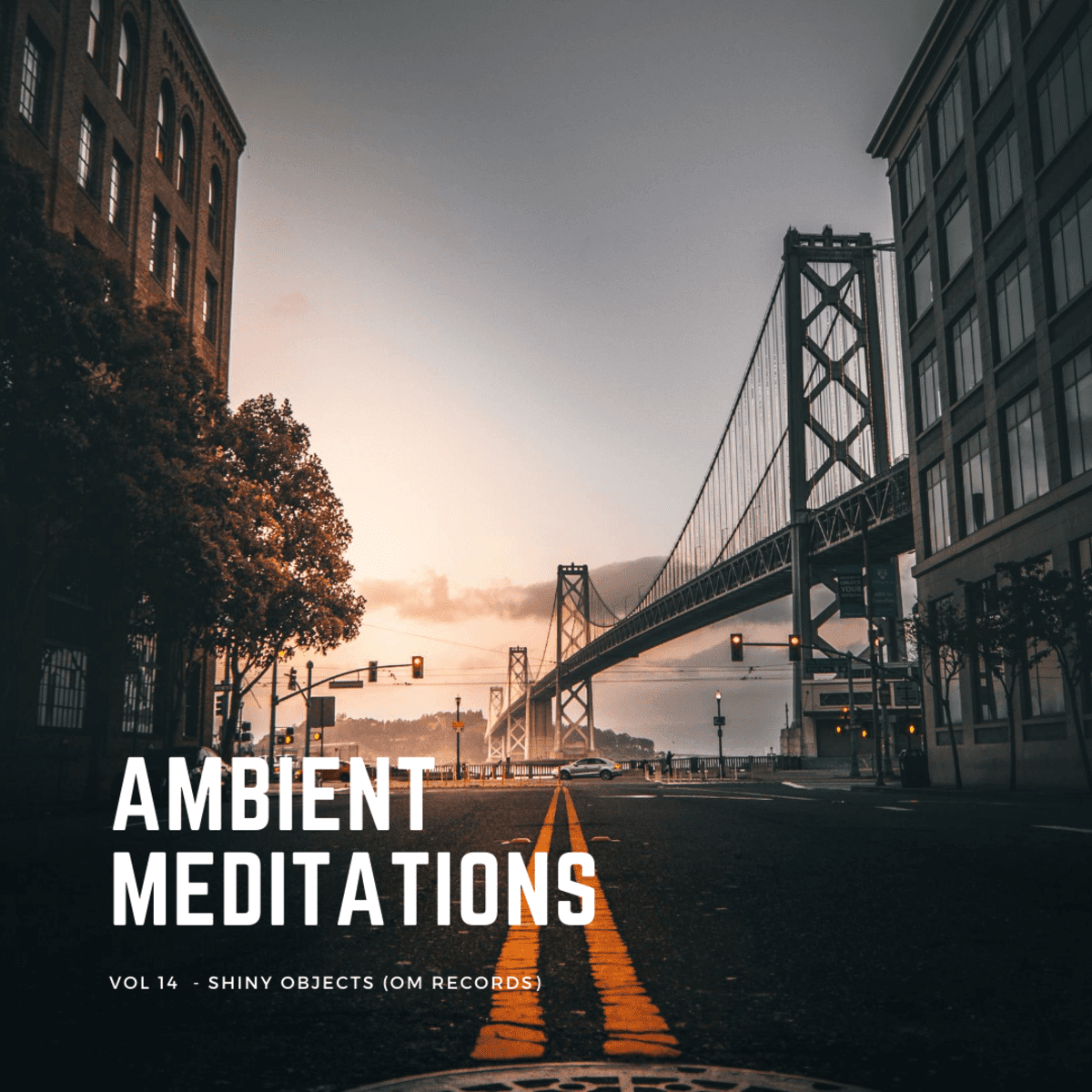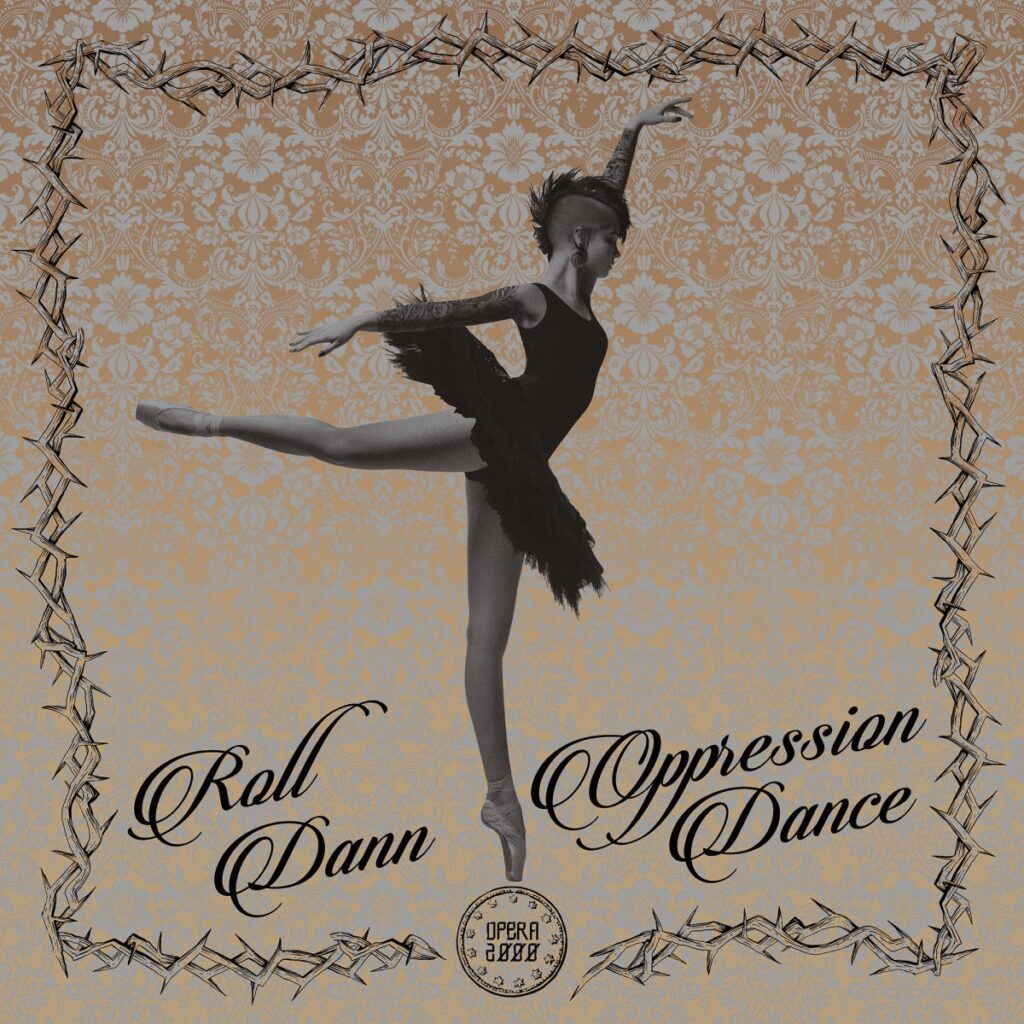During the last sixteen years, Grammy-nominated and multi-platinum Colombian dance band Bomba Estéreo has been at the forefront of influential hybrid groups. Composed of lead singer Liliana "Li" Saumet and producer Simón Mejia, the dance band has gained considerable recognition, performing at major clubs and festivals around the world such as Outside Lands and Lollapalooza Berlin.
Bomba Estéreo's latest album Deja powerfully showcases the progression of their sound. Conceptually, the album is split into the four elements: Agua (Water), Aire (Air), Tierra (Earth), and Fuego (Fire). Together, the four parts represent the album's theme of unity. Lead singer Li had this to say in reference to Deja, “The album is about the connection and disconnection of human beings—from the planet, from one’s own self. It’s about how we’re disconnected, more connected to electronic devices and virtual things than real things. So we decided to use the four elements, because they’re part of the equilibrium of human beings.”
Releasing the third EP, Tierra of the four on July 27th, it carries a fun dance vibe that fuses the best part of native Colombian music and electronica. A self-produced three-track dance EP, Tierra is simultaneously both fun yet profound and meaningful. An amalgamation of deep grooves, hypnotic rhythms, poignant vocals, and field recordings from the scenic Colombian backdrop, Tierra powerfully showcases the evolution of Bomba's sound. One of the three featured tracks is "Conexión Total," a collaboration between the band and Nigerian superstar Yemi Alade. The band will release a supporting music video for "Conexión Total" ahead of Deja's Sony Latin America September 10th album release.
I recently had a chance to catch up with Bomba's Simón Mejia about the release of Deja, the evolution of the band, and more. Read this interview to find out more about Bomba's creative process, their experience working with Sony, and connecting in a disconnected world.
How has Bomba Estéreo evolved over the last sixteen years?
We have the same musical roots that we started with sixteen years ago, and we still answer the same question about how to mix Colombian folk music and electronica. Our music has evolved and developed around that question, but we’ve changed our approach throughout the years.
To what do you attribute Bomba Estéreo's success these past sixteen years?
I think it comes from a few places. We make music that’s indigenous to Colombia, but it’s also electronic music, the universal language. Both of these styles are dance music. People don’t need to know Spanish to connect with our music because of its strong dance elements. The music we make is the music we like. We’re really honest about the music we want to share with the world. Also, having Li as a female singer is a strong point. We make party music, but if you know Spanish, you will realize that the lyrics talk about deep issues like humanity and love. So it’s really a mix between conscious dance music and a deeper meaning in the lyrics. I think all of those elements have made the band popular worldwide.
It’s amazing that you’ve been able to stay so true to your vision and also deliver music that appeals to the masses. What’s it like releasing your first album in four years during this time?
It’s beautiful to see music in the world we’re living in. It’s a strange time. Music feels like a lifesaver that helps you during difficult times. We finished the album a month before the pandemic hit the world hard. We got to finish with all the musicians here in Colombia. Then we set up a mobile studio at Liliana’s house and the beach. Twenty days later, the pandemic came. If we had waited two more weeks, we wouldn’t have finished the album. Since the album is all about connection and our lost connection with Mother Earth, the message became even stronger.
How do you view the current state of the music industry?
Earlier this year was a really hard time for the live music industry. It’s given us a chance to rethink about how to rebuild the live industry. Hopefully, we can create more local economies around music. People will never forget about music. Music is essential to life.
Where did you get your inspiration and the concept for Deja?
We came up with the concept about elements of nature and disconnection in nature many years ago. We were very involved in environmental activism. In terms of music, we tried to go back to the Bomba roots and incorporate the folk sounds of Colombia working with more musicians, some local.
What’s your songwriting process like?
It always starts from musical ideas, with beats, a tempo, or a rhythm pattern, and we start to build from there. Then comes the baseline, the guitar, the harmony, and the other parts. Then comes the melody. And then the lyrics from Liliana come at the end. It’s a very electronic approach.
What’s your collaborative process like?
Our collaborations are always very organic. We mainly work with friends and artists who can bring something new to the music or ones we admire. For example, we have a collaboration with a Nigerian artist. We’ve always been inspired by Nigerian music, and we also did a collaboration with a Mexican singer. We’ve always had deep relations with Mexico.
What has your experience been like working with Sony?
It’s been better than other labels. Before Sony, we had ten years of experience touring the world. They knew and understood who we were and that we needed to stay true to that. It’s been a big help to everything in terms of covering costs. Before that, we were paying for everything. Everything we made in the live shows, we invested back into the band. They’re really happy because to them Bomba Estéreo is kind of like a boutique band. Before that they mainly had tropical, Reggaeton, and big bands. We told them how we wanted the album to sound and the release to go. They were really respectful of that.
Are there certain elements of your production music style you’d like to highlight?
We finished the album in this amazing place here in Colombia. I’d wake up really early in the morning to record the sounds of the jungle like the birds, the monkeys, and the sea waves. These sounds can be found throughout the album. Incorporating organic and electronic sounds is kind of becoming a trend in electronic music. I’d previously done this in my own album. If you listen to the album, you’ll hear these sounds in different tracks.
Can you please tell me more about your solo electronic music project?
It’s called Monte, mountain in English. It has the same roots as Bomba, but it’s more intimate music that's instrumental oriented. I recorded sounds from nature like the Amazon jungle here in Colombia. I always wanted to incorporate those sounds into electronic music production. Bomba Estéreo is not hugely commercial, but it’s much more commercial than my personal project. This was a way of doing 100 percent electronic music, experimental music based in nature sounds. That was the idea for the project. Working with those kinds of sounds, recording local musicians, and doing more experimental work without the pressure of a huge record label or huge audience, so I can just create the experimental music I want to make.
Do you have any positive takeaways from this last year?
If you don’t stay positive, it’s really difficult to hang on. What I think positive about everything that’s happening today is that people are questioning the political and economic models. We’d forgotten about essential things like education, health, and taking care of our natural resources. As humanity, we have to survive. This last year has been a call to build a more sustainable way of life here on Earth. The pandemic was a mystical calling and helped us remember what our real priorities are, like what we are going to do with the climate change. Every time the rhythm of life stops, we need to think more clearly about things. Hopefully this is a really transformative time and the evolution that comes leads to a better future for all.
I couldn’t agree more. It’s a really challenging time, and we must all stay positive. Besides for the release of Deja, what else are you planning for the rest of the year?
We want to produce videos for the album where each track is connected to concept of the natural elements. We're planning a remixes EP and a music documentary about Bomba Estéreo that takes a different approach. I'm also working on releasing my solo project.
Listen to Tierra Below.
This interview was lightly edited for clarity and brevity.











